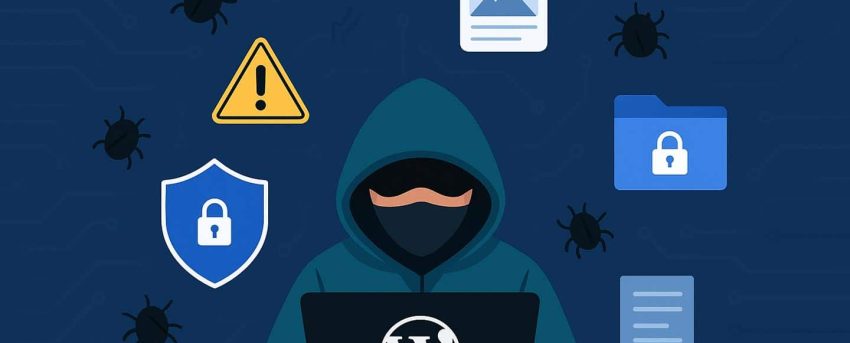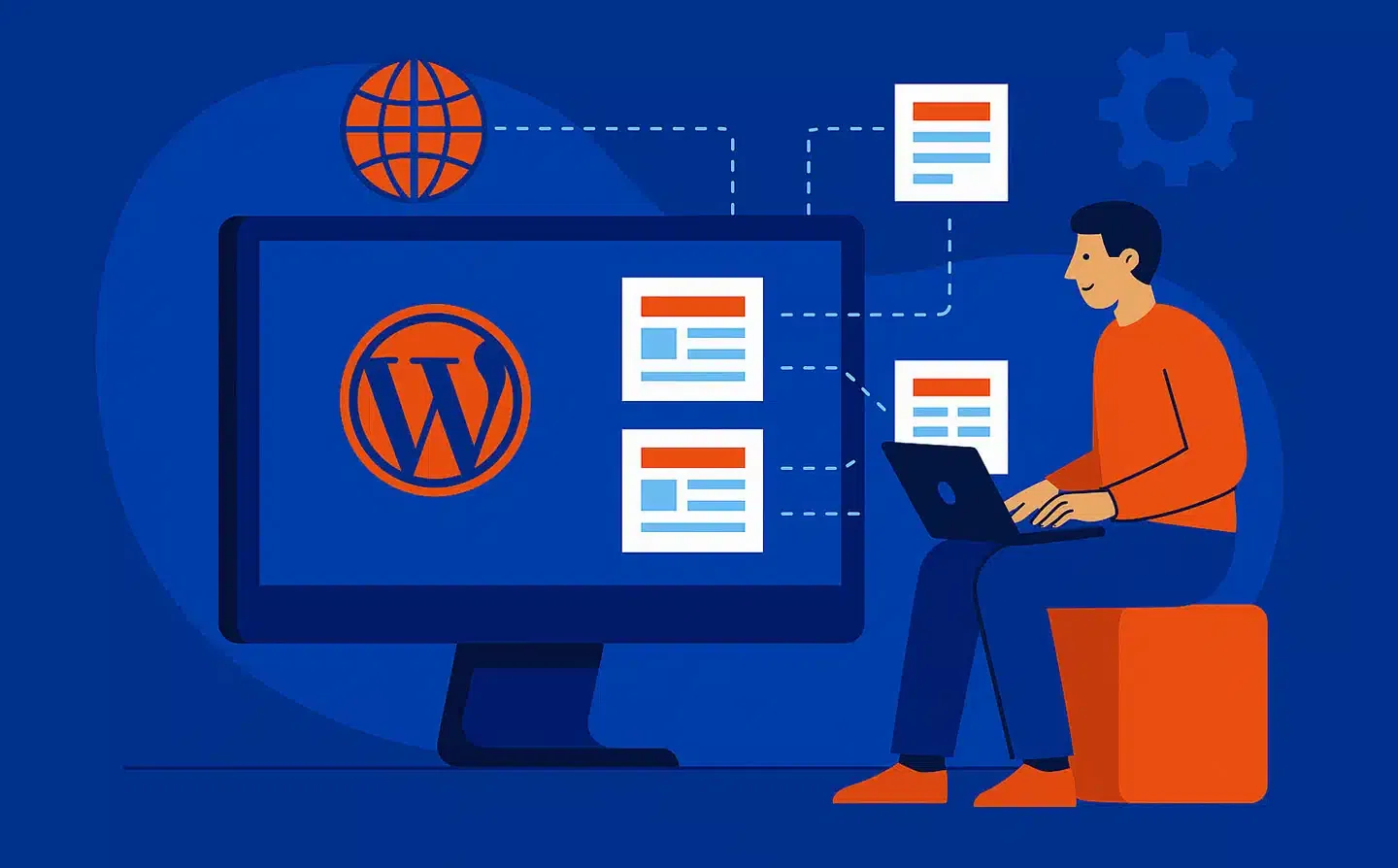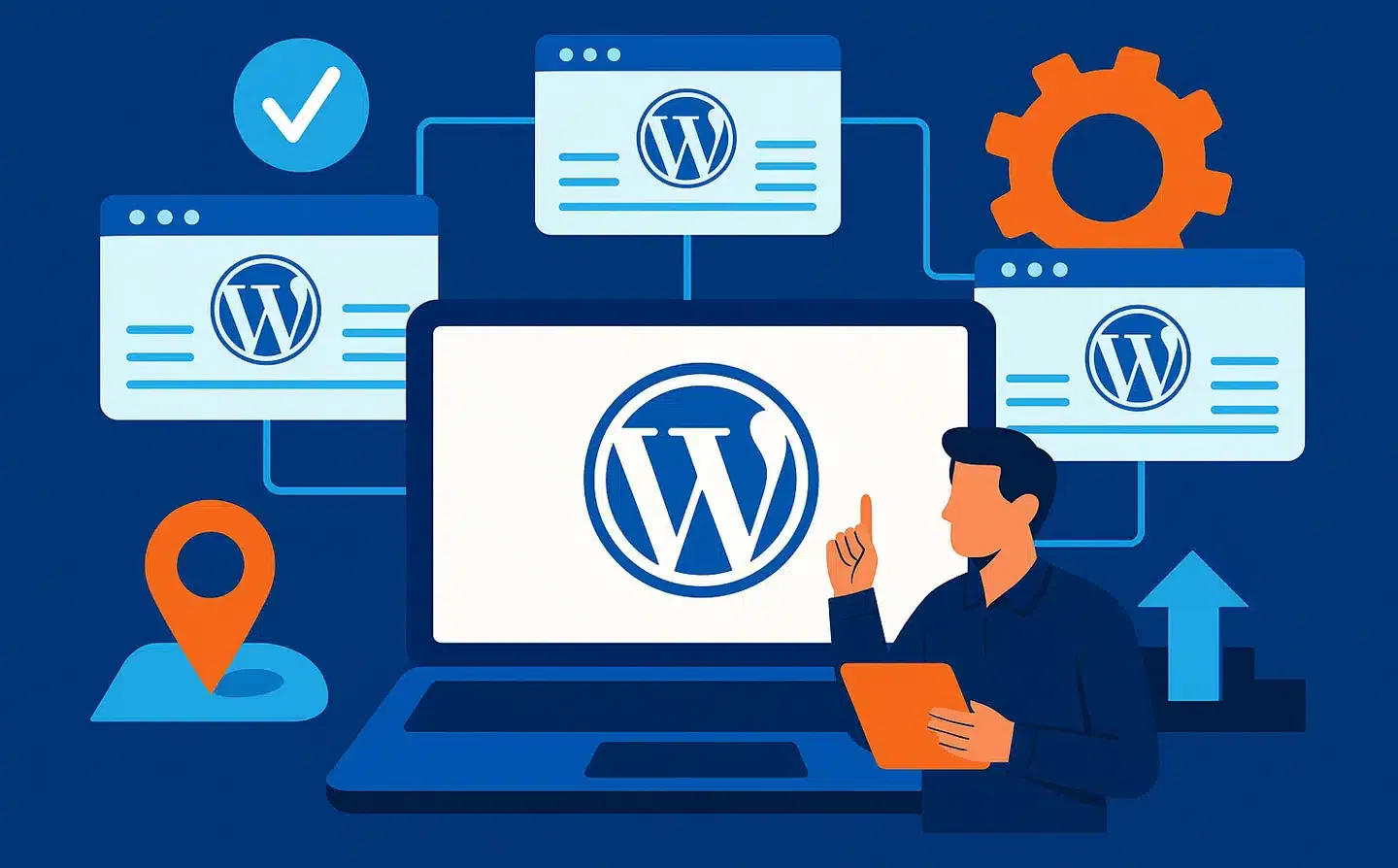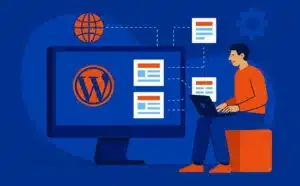Discovering malware on your site can feel overwhelming, but you can remove malware from WordPress and restore your site’s safety. Don’t panic — you’re not alone, and there’s a clear path to recovery.
At WP Support Lab, we’ve helped dozens of businesses clean and secure their WordPress sites after malware attacks. In this guide, we walk you through the process of identifying, removing, and protecting your site from future threats — so you can get back to business, fast.
How Does Malware Affect a WordPress Site?
Malware can silently damage your site by:
- Redirecting visitors to spam or phishing pages
- Inserting malicious code or files
- Triggering Google blacklist warnings
- Slowing down or crashing your website
- Exposing sensitive customer or user data
🧨 Even a small infection can erode trust, hurt SEO, and lead to lost revenue — especially for small businesses or eCommerce sites. That’s why learning how to remove malware from WordPress is critical for every site owner.
Signs Your WordPress Site May Be Infected
Look for these red flags:
- Unexpected pop-ups or redirects
- Strange URLs or new admin users
- Core files modified without permission
- “Deceptive site ahead” Google warnings
- Sharp drops in traffic or performance
- Reports from users about suspicious activity
🔍 Our WordPress Support Services include malware scanning and removal. We help you detect problems early and remove malware from WordPress safely.
How to Remove Malware from WordPress: 8 Essential Steps
1. Back Up Everything Immediately
Take a full backup of files and the database — even if infected — before you start working to remove malware from WordPress.
2. Put Your Site Into Maintenance Mode
Prevent further damage or reputation loss using plugins like SeedProd or a static maintenance page.
3. Scan Your Site with Security Plugins
Recommended tools:
- Wordfence
- iThemes Security
- Sucuri Scanner
These tools help identify infected files, providing clear insights into what needs to be fixed.
4. Delete & Replace Infected Files
Remove malware manually or replace core files, themes, and plugins with clean versions.
💡 Not sure how to proceed? Contact WP Support Lab — we can remove malware from WordPress without disrupting your site.
5. Reset All Passwords
Update passwords for:
- WordPress admin
- Hosting accounts
- FTP/SFTP
- Database
Enable two-factor authentication to strengthen access control and reduce risk.
6. Check .htaccess and wp-config.php
Look for:
- Redirects
- Encoded scripts
- Unknown iframes or eval code
Replace these files with clean default versions if you spot anything suspicious.
7. Remove Unknown Admins or Users
Audit your user list and remove any suspicious or unfamiliar admin accounts that could be backdoors.
8. Submit Your Site for Google Review
If your site was blacklisted, use Google Search Console to request a site review after cleanup. This helps restore your rankings and user trust.
Bonus Tips: How to Prevent Malware in the Future
- Keep WordPress, themes, and plugins updated
- Use only trusted and premium plugins
- Set strong passwords and enable 2FA
- Install security plugins like Wordfence or Sucuri
- Monitor uptime and malware scans automatically
- Schedule automatic backups to secure cloud storage
You can also add a web application firewall (WAF), limit login attempts, and conduct regular audits to reduce risk even further.
🔒 Our WordPress Maintenance Plans include proactive protection and malware prevention.
When to Get Help from Professionals
Call experts if:
- You can’t identify the malware source
- Infections keep returning
- Traffic or sales have dropped
- You’re unsure about editing critical core files
🎯 WP Support Lab offers full-site cleanup, hardening, and long-term protection to remove malware from WordPress and secure your online presence.
Final Thoughts — Act Fast, Protect Smarter
Malware is more than a nuisance — it’s a threat to your brand, your customers, and your business. But with the right tools, strategy, and expert help, you can remove malware from WordPress quickly and come back stronger.
👉 Need urgent help removing malware from your WordPress site? Contact our team — we’re ready to help you secure your website.









